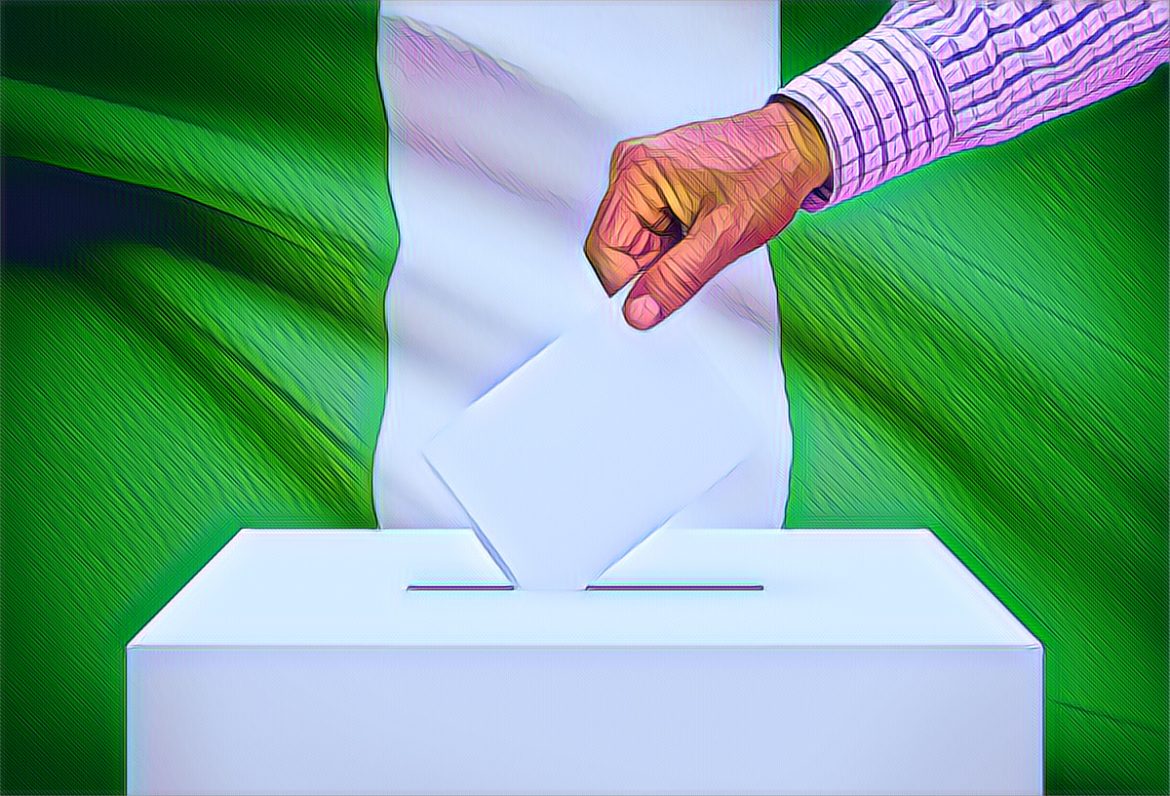A BBC investigation has uncovered a network of websites spreading false news and disinformation in Nigeria, especially around the recent general elections. The websites, created around the time of the elections in February 2023, have reached thousands of people through social media platforms and generated revenue from online advertisements.
The websites mix fabricated stories with factual news about sports, entertainment, and politics, often favoring or attacking certain candidates and parties. The false news stories have fuelled divisions and tensions in the country, which remains deeply polarised after the elections.
The BBC analyzed three websites: Podium Reporters, Reportera, and Parallel Facts. They were registered between 2021 and 2023 and have published hundreds of stories per month. Some of their stories have been shared by influential politicians and celebrities, increasing their popularity and reach.
The websites have also been accused of plagiarism, as they often copy and paste content from other sources without attribution or verification. Fact-checking organizations have debunked some of their stories, but they still remain online or uncorrected.
The BBC found that the websites have been spreading false news about the three main candidates in the elections: Bola Tinubu of the ruling APC, who won the election with 37% of the votes; Atiku Abubakar of the PDP, who came second with 35%; and Peter Obi of the Labour Party, who came third with 28%. The Supreme Court’s opposition candidates still contest the election results.
Some examples of false news stories published by the websites are:
- Podium Reporters claimed that Yakubu Mahmood, chairman of Nigeria’s Independent National Electoral Commission (Inec), was trying to criminally give APC 25% of the votes in Abuja. There is no evidence to support this claim.
- Reportera claimed that the BBC concluded a clear case of voter suppression and that Tinubu could not have been declared the winner. This is a misrepresentation of a BBC investigation that showed irregularities in some areas in Rivers State but not elsewhere in the country.
- Parallel Facts claimed that former Minister of Works and Housing Babatunde Fashola was helping judges of the Presidential Election Petition Tribunal write verdicts in favor of the APC. This baseless allegation was denied by Fashola, who filed a petition to the police accusing the website of false allegations and cyberstalking.
The BBC tried to contact the owners of the websites, but they did not respond to our emails. We also contacted media consultants to determine how much these websites may make from online advertisements. They estimated they could make anywhere between $100 and $10,000 (£80 and £8,000) monthly, depending on their traffic and engagement.
Fake news and disinformation are not new phenomena in Nigeria, but they have become more prevalent and problematic in recent years, especially during election periods. In 2019, Nigeria ranked third in Africa for internet penetration, with over 126 million users. However, according to a survey by Afrobarometer, only 14% of Nigerians said they could easily spot fake news online.
The Nigerian government has been trying to tackle the problem of fake news and hate speech through legislation and public awareness campaigns. However, some critics have raised concerns about the potential impact of such measures on freedom of expression and access to information.
The BBC Disinformation Team advises readers to be vigilant and critical when consuming online content and to verify information from multiple sources before sharing it.
Source: BBC Africa


